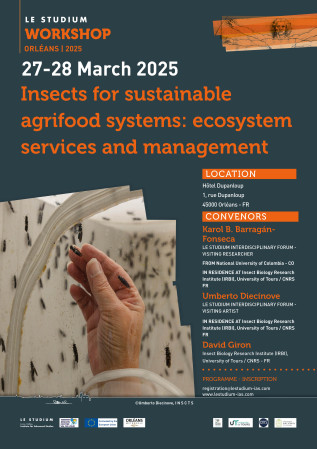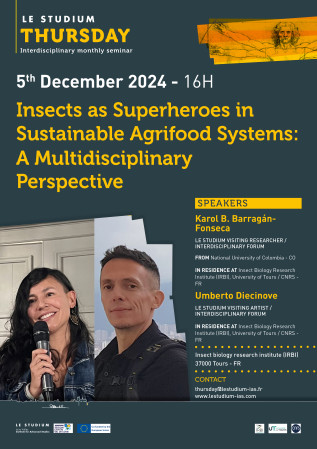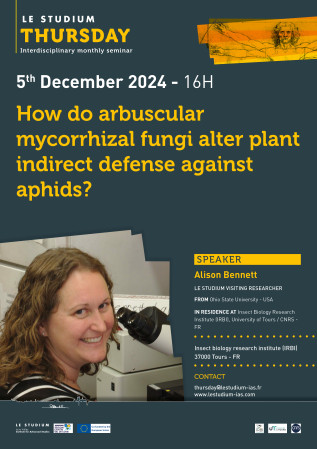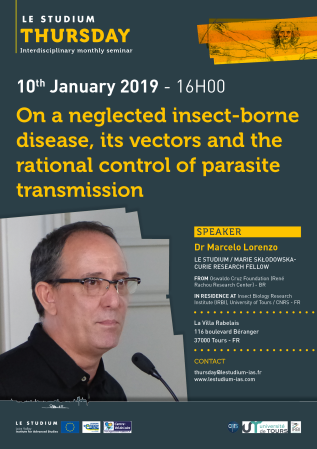Insect biology research institute (IRBI)


Faculté des Sciences et Techniques
Avenue Monge, Parc Grandmont
Tours 37200
France
The IRBI is dedicated to the analysis of insect interactions with their biotic and abiotic environment. The diversity of skills has been perpetuated since the creation of the institute (1961) by bringing together under one roof a number of researchers and faculty members from different disciplines (ecology, physiology, genetics, chemistry, physics, bioinformatics and mathematics), making the IRBI a rare place with an asserted international identity on insect sciences.
To understand the puzzle of life and to face the complexity of biological systems, their functioning and their evolution, the IRBI thus implements a resolutely integrative approach at the interface of organismal biology, ecology and evolutionary biology. The areas of transfer range from biological control for a sustainable agriculture to the development of new technologies for the control of vector and invasive insects in both urban and natural environments, as well as biomimicry or the production of insects for feed and food.
Research topics:
The IRBI is structured in 3 teams:
• IMIP : Biodiversity and interactions between Microorganisms/Insects/Plants
• ESORE : Social evolution and responses to the environment
• INOV : Interactions organisms-environment: mechanisms and responses to global changes
Equipment and technology:
The IRBI has unique equipment that enables it to work under ultra-controlled experimental conditions, to visualize the invisible physical processes that govern insect flight and locomotion, and to decipher the molecular mechanisms underlying the interactions between insects and their environment and their formidable adaptive capacities. The IRBI offers a set of technological platforms in Chemical Ecology, Behavioural Ecology, Physical Ecology, Functional Ecology, Evolutionary Ecology and Enviromental Genomics. The Institute also has an Insectarium with more than 25 species of insects permanently reared and deploys systems for studying and monitoring biodiversity in Natura.




























